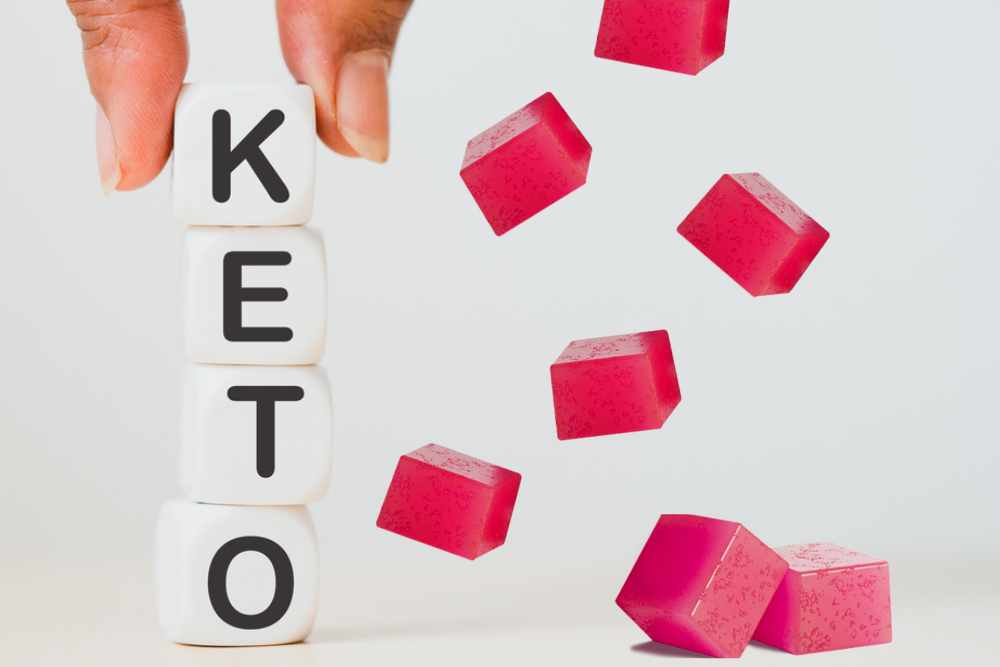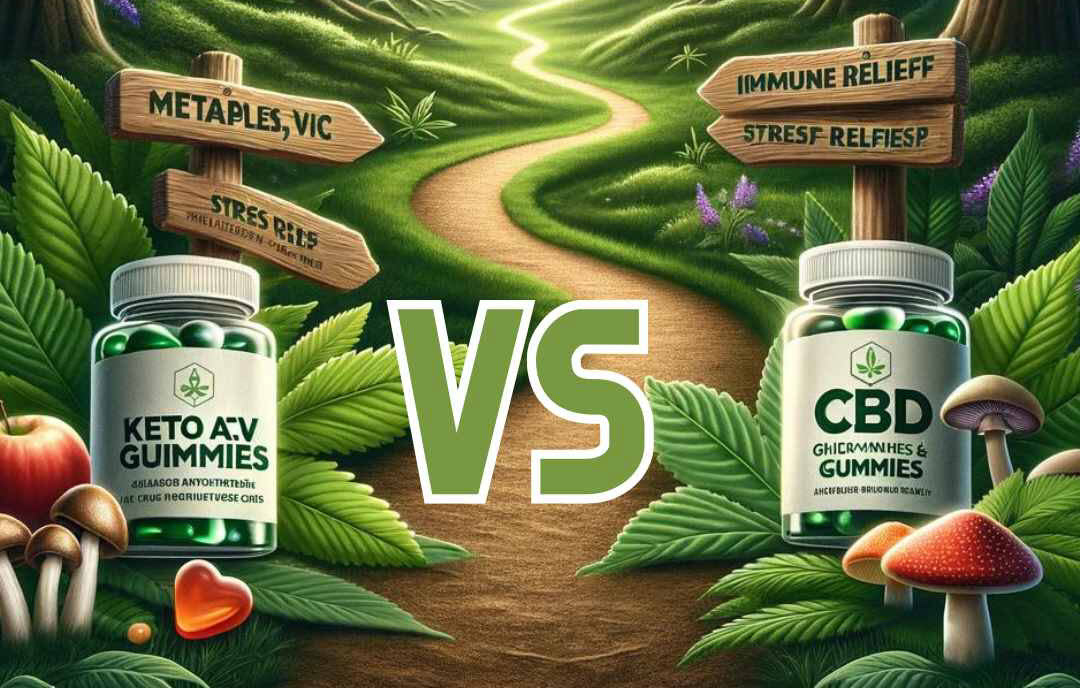By now you've probably heard of cannabis oil and all of the miraculous medical and health benefits that it has. But there's still plenty of confusion surrounding the differences between CBD oil and cannabis oil. In fact, many people use these terms interchangeably, believing that they are the same. While they're both derived from cannabis plants, they're actually different in a few key ways.
Over recent years, CBD oil has been heavily discussed and debated. It has been the subject of much attention, particularly in the health and medical realm. An increasing number of studies are conducted on CBD oil and all of the incredible medical benefits that it is able to provide.
But many people who may be interested in including CBD in their daily regimen to take advantage of its numerous benefits may be confused about CBD and cannabis oil.
The Plant
CBD oil is a substance that is extracted from the hemp plant, which has a very low level of THC, or none at all. More specifically, the THC level of the plant must be less than 0.3% for it to be considered CBD hemp. In contrast, CBD oil has a relatively high concentration of cannabidiol.
CBD is a specific cannabinoid that is non-psychoactive. This is in contrast to THC which has psychoactive properties and is what recreational users seek to get high.
CBD can be found in both the cannabis indica and cannabis sativa plants, though CBD oil is more often extracted from the latter species. This is because this particular plant species produces almost no THC but instead produces CBD.
The Interaction With The Endocannabinoid System
The endocannabinoid system (ECS) is a system that is comprised of naturally-occurring endocannabinoids in the body, which are neurotransmitters that bind to and interact with cannabinoid receptors that are found mainly in the brain and immune system. The ECS is involved in a number of crucial physiological functions and processes including regulating pain, mood, appetite and more.
Both CBD and THC are similar to the endocannabinoids that are produced naturally in the body, and both interact with the cannabinoid receptors of the ECS. The THC products that are found in cannabis oil binds directly to CB1 receptors in the brain which allows for its psychoactive effect. In comparison, the CBD found in CBD oil products simply stimulates activity in both the CB1 and CB2 receptors of the ECS without actually binding to either one. As a result, CBD oil causes changes in cells that have either receptor. Since both receptors are found throughout the body, the impact of CBD oil can be felt throughout.
The Psychoactive Properties
Cannabis oil generally refers to any cannabis substance that has more than a 0.3% THC concentration. The level of THC present is what makes the product illegal. CBD oil can be classified as illegal if there are traces of THC based on your state’s laws.
The majority of cannabis oils tend to be rich in THC, though some cannabis varieties might feature THC levels that are barely above the 0.3% concentration level.
Hemp plants are found to have less than 0.3% THC, which is what classifies the CBD oil as hemp-derived. Any more THC than this threshold would classify the plant as cannabis.
The Issue of Legality
On a federal level, cannabis oil with THC is considered illegal though it is becoming legal on a state-to-state basis. In the recent past, more states have passed laws legalizing both medical marijuana and recreational marijuana and any derivatives of it. However, in states where marijuana is illegal, so is cannabis oil.
On the contrary, hemp-derived CBD oil is federally legal because of its lack of mind-altering properties. As long as the CBD product being distributed and sold has less than 0.3% THC, it is categorized as hemp under federal law. To complicate matters, every state has enacted their own laws regarding the legality of CBD oil.
Both cannabis and CBD oil certainly have positive effects on the body, but there are differences, especially in terms of legality and mind-altering effects. CBD oil's lack of psychoactive properties makes it an attractive option for those who want to take advantage of all the marvelous benefits of this product without getting high.













No comments yet!
Be the first to comment